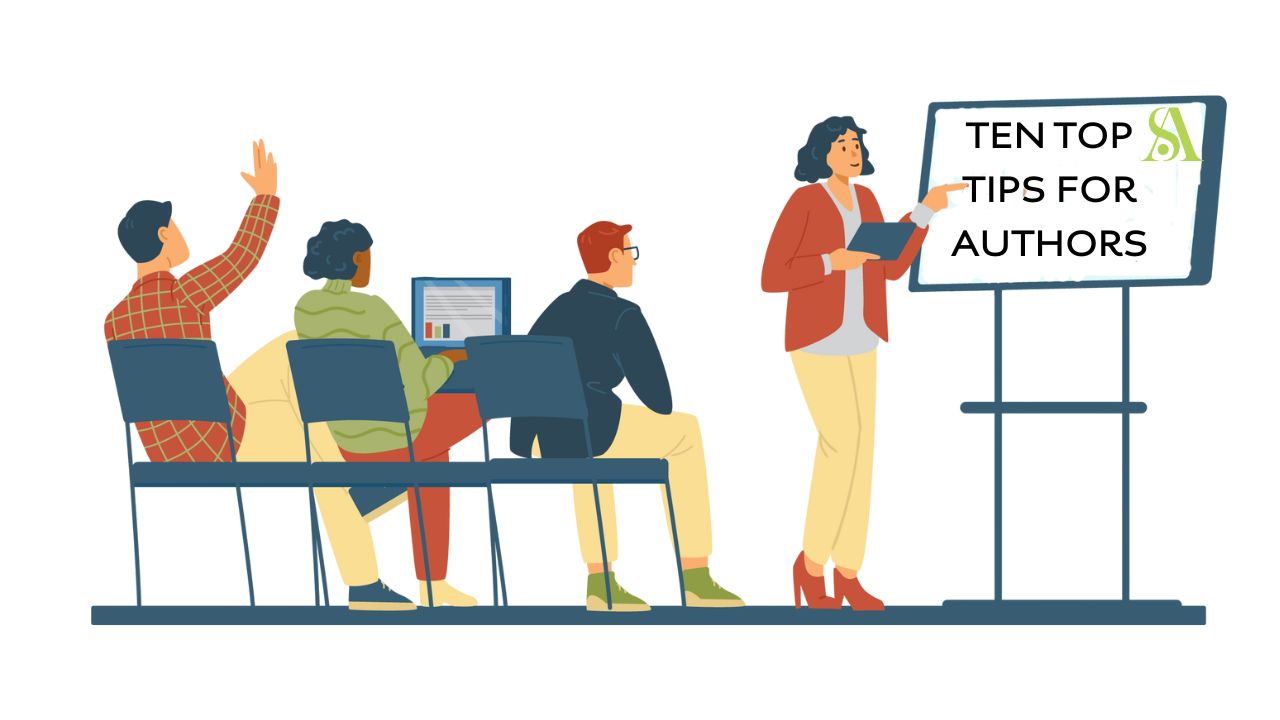What is a literary agent?
A literary agency represents, advises and assists its clients (authors) in their business affairs and is engaged in promoting authors’ works, to ensure that its clients receive the best possible terms in the sale of rights in their works. This applies to all areas of rights, territories and formats (whether book, TV/film, audio, etc).
Do all authors have a literary agent?
No. Indeed, some very successful writers actively prefer to go it alone and enjoy making their own deals – and, of course, keeping 100% of their earnings.
The hard fact remains that agents usually handle commercial fiction, general non-fiction and children’s books – broadly known as ‘trade books’. Agents earn their living from their commission, and if your financial expectations from writing are modest, agents are unlikely to feel that the commission will cover their costs (regardless of your literary merit). They rarely take on authors writing for a niche market, academic/scholarly fields, poetry, memoirs, or short stories unless they are very well known in that field, a household name or have a huge social media platform.
Therefore, it won’t surprise you that many SoA members do not have agents and instead take advantage of the free, confidential advice service run by the SoA contracts and advisory team who are specialists with decades of experience between them.
Do I need a literary agent in order to get published?
Not necessarily. If you are writing non-fiction of the sort likely to be stocked by the chain booksellers, it is not essential because non-fiction proposals can sell themselves to publishers in a way that doesn’t work with fiction.
However, you almost certainly do need an agent if you are writing highly commercial trade fiction or non-fiction and you aim to be published by one of the major publishing houses. Apart from the fact that these publishers do not usually accept unsolicited submissions, a good agency will have strong relationships with the editorial departments and commissioners who will trust the quality of the agency’s submissions. We were recently told by a major publisher that that 80% of their titles come from just 25 agents, which shows quite how competitive the market is.
This is great if you’re one of the lucky ones, but it can be difficult to find an agent let alone then a publisher, and it is a very competitive playing field.
How do I find a literary agent?
Do be careful. Unfortunately, there are some who will take advantage of writers new to the profession. Simply typing in ‘finding a literary agent’ in your search bar will likely take you to the more predatory sites. Reputable agents don’t buy Google ads, they don’t advertise in writers’ magazines, and they do not charge reading, editing or any other fees. Any agent who asks you for a ‘reading fee’ or any other such upfront cost is probably hoping to take advantage of your inexperience.
As mentioned earlier, the market is highly competitive. A top agent recently revealed she receives 20-30 manuscripts a day and might only take on two authors per year! She suggested targeting junior agents in larger agencies who may have more time for their authors as they are building their own list. If an agent is supported by a reputable agency it doesn’t matter if they’re just starting out.
A useful tip is to look at the acknowledgements page in books you have particularly enjoyed to find out the name of that author’s agent. (Authors almost always thank their agents.)
Agents’ own websites will generally indicate the sort of works an agency does or does not represent but increasingly they are often quite public about what specific things they are looking for, so it would be worth following them on Twitter or other social platforms.
There are numerous helpful resources in print and online, including the Writers’ and Artists’ Yearbook (Bloomsbury). This book is published annually and provides a useful overview of UK literary agencies and their submission preferences. It also has full listings of UK publishers, and contains some useful articles on all aspects of publication.
It is advisable to look for an agency which is a member of the Association of Authors’ Agents (AAA), because these agencies will be signatory to a Code of Practice. (You can find a list of AAA members and their contact details on their website, but please note that neither the AAA nor the SOA is able to recommend specific agencies.)
Do I need a written contract with the agent?
However well you get along with your agent, remember this is a business relationship and a solid contract protects both the author and the agent. A standard agency agreement is usually a simple document that clearly lays out the scope of the agent’s representation, the commission they will charge and how the agreement can be terminated.
Do send the agreement to our contracts advisory team before you sign anything.
I have an agent – why should I join the SoA?
If you find yourself in a dispute with your publisher, it is often difficult for agents to intervene because they are likely to have a strong relationship with the editor, and represent other authors with that particular publishing house. In that situation it is often easier and more beneficial to all parties for the SoA to be involved, taking an arms-length approach.
Most importantly, as an SoA member you will be part of a network of professionals, with the opportunity to meet other authors at our socials and events and receive individual guidance and advice on all aspects of your professional life.





